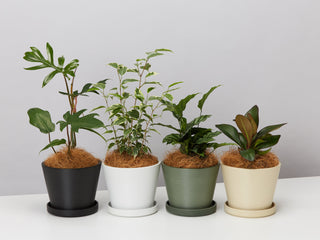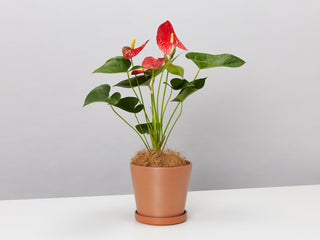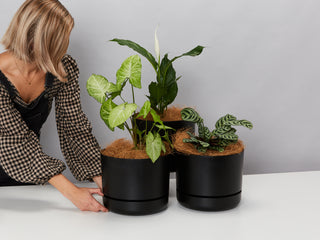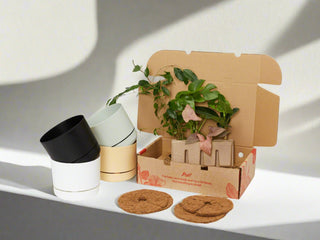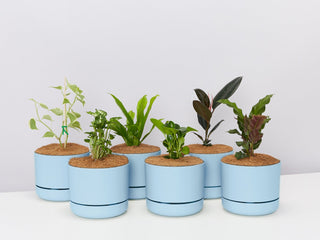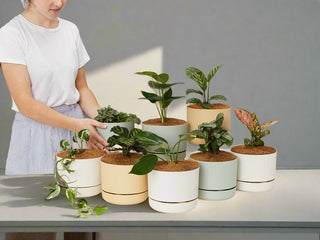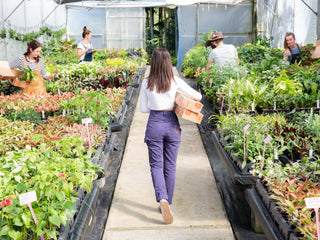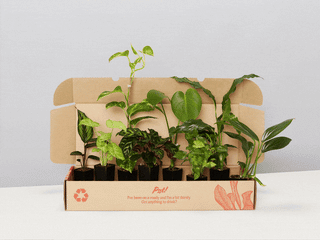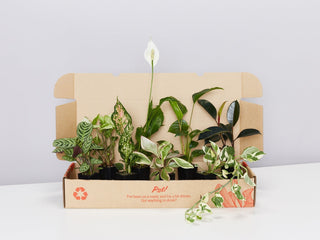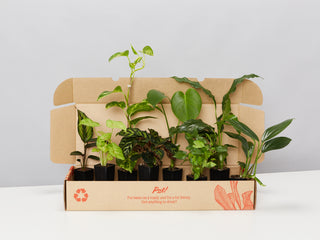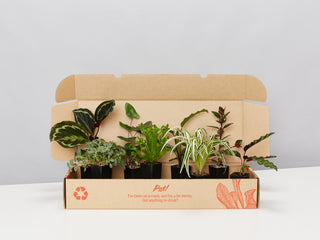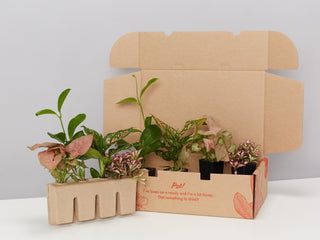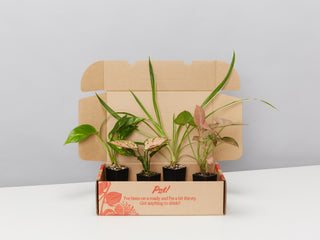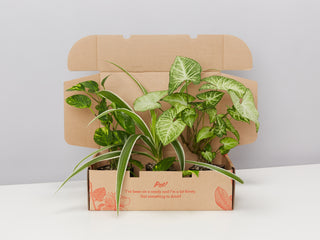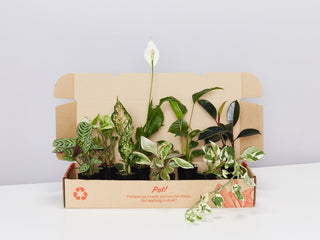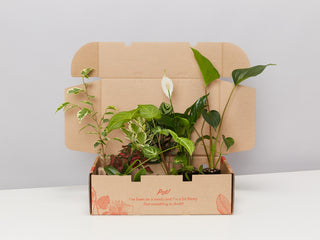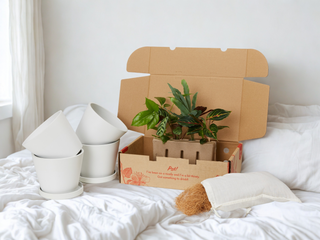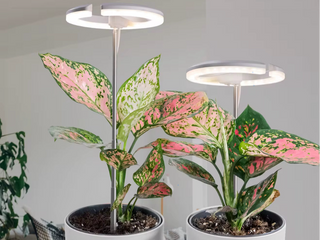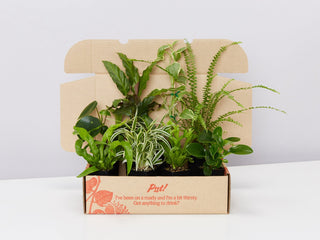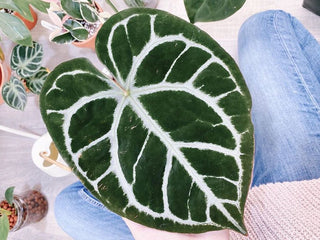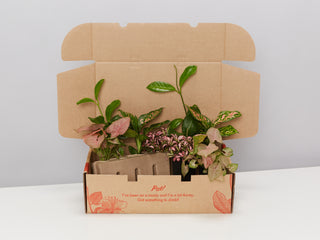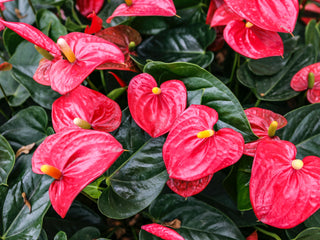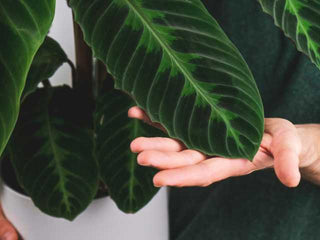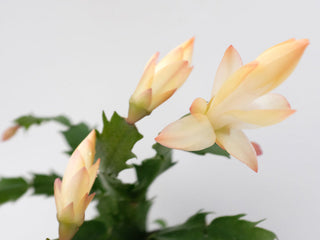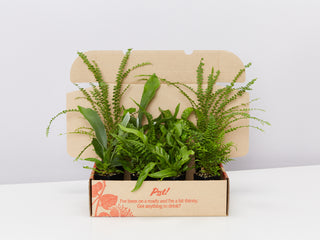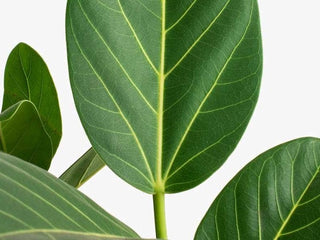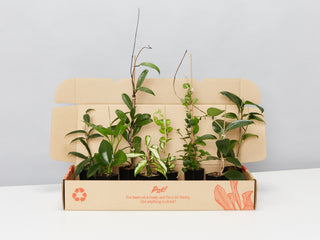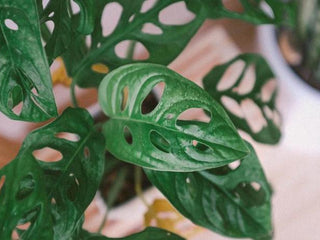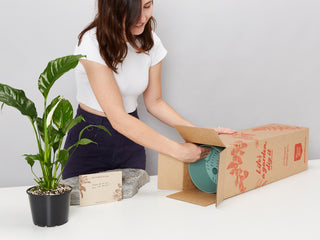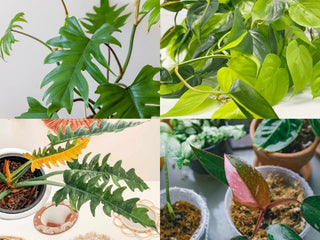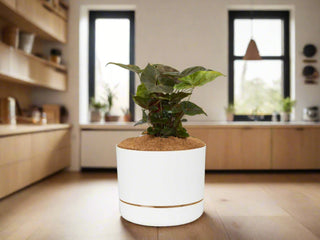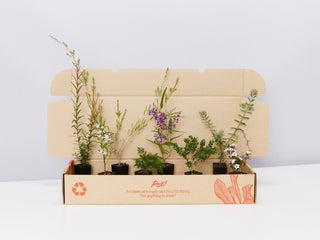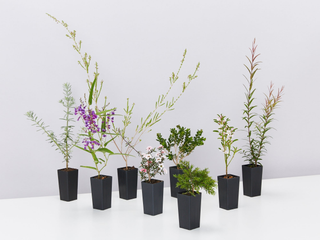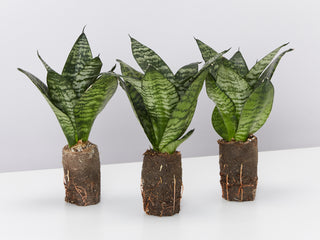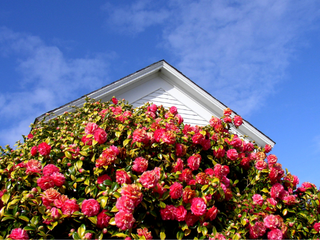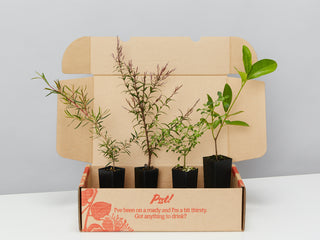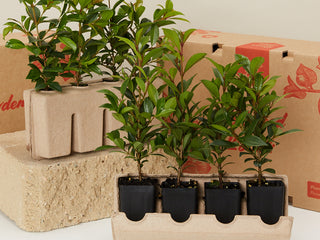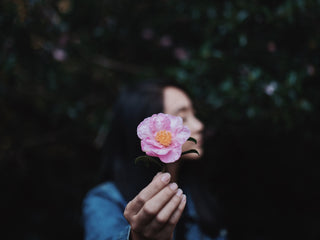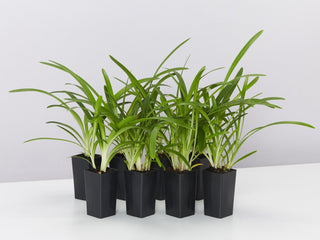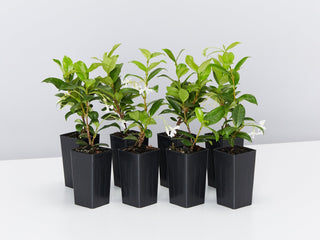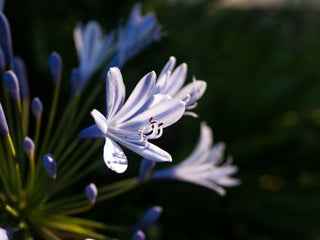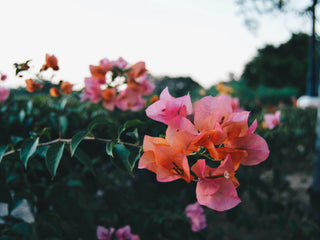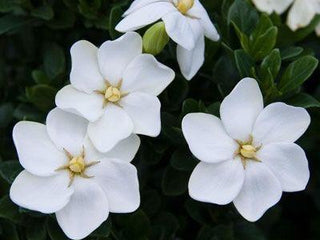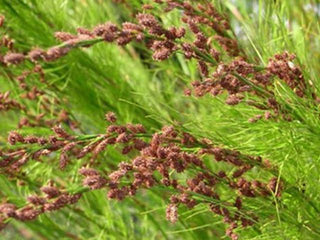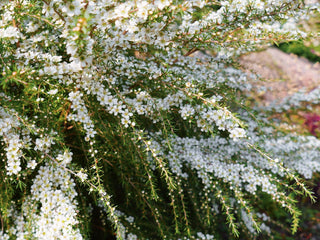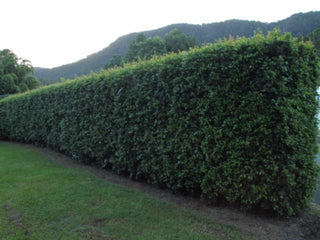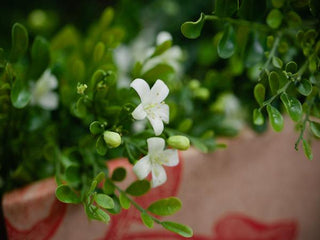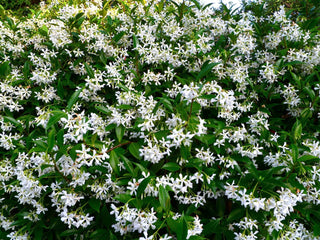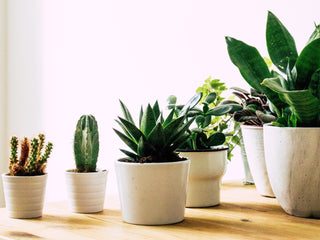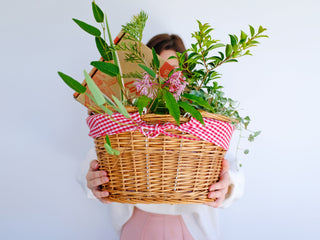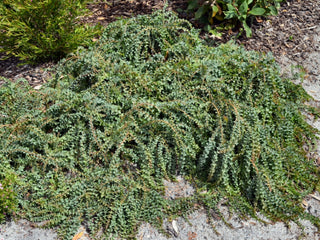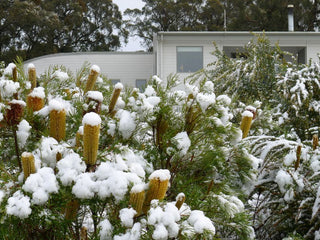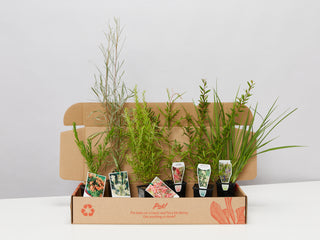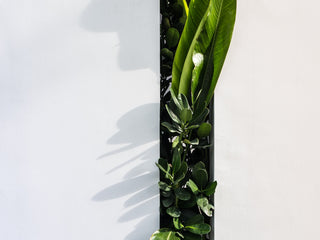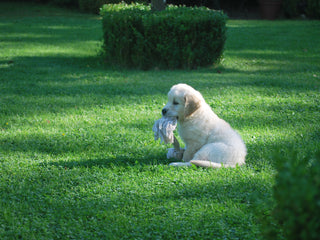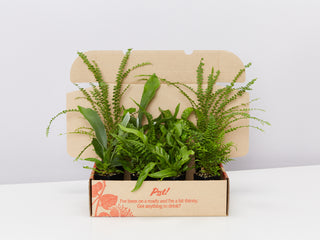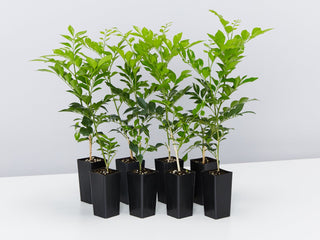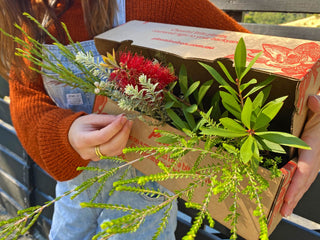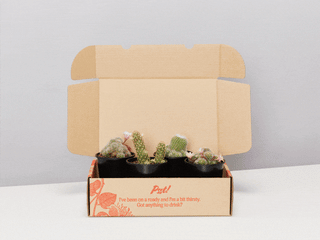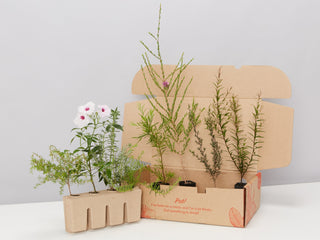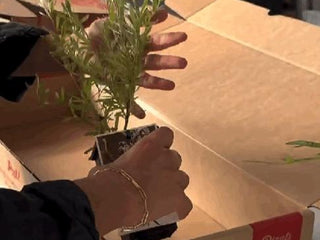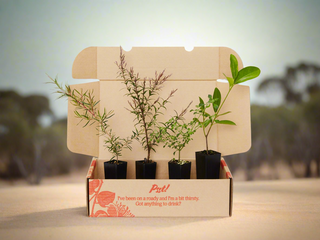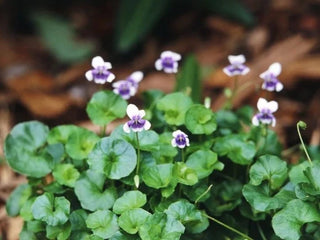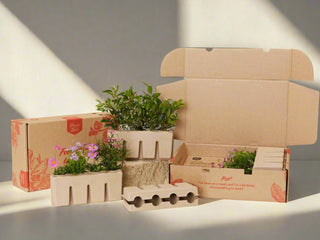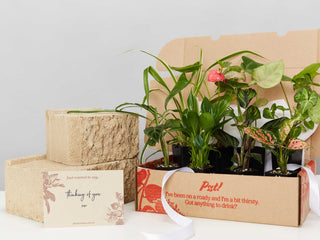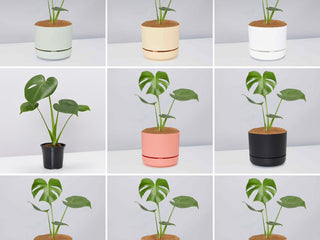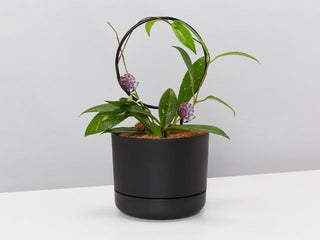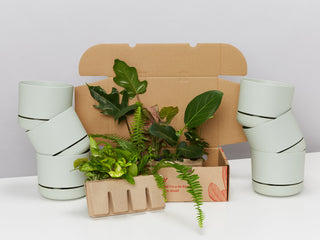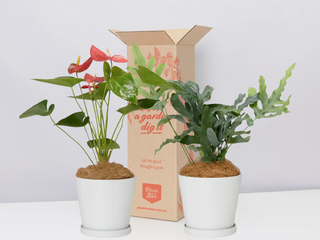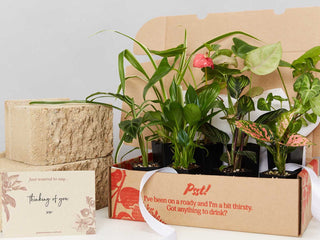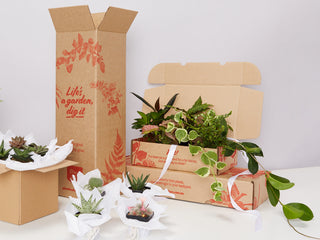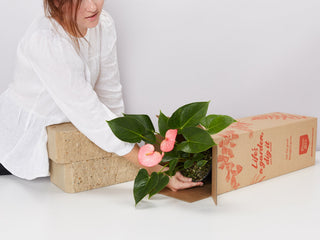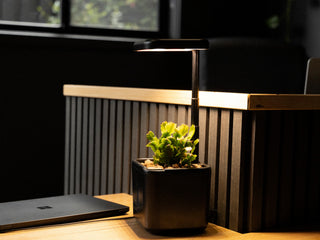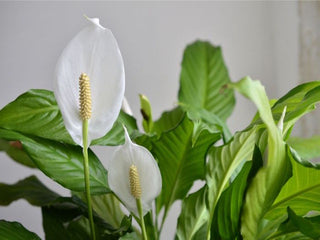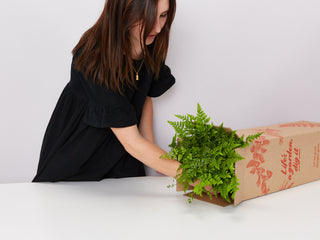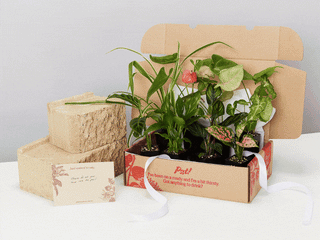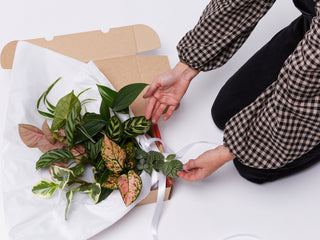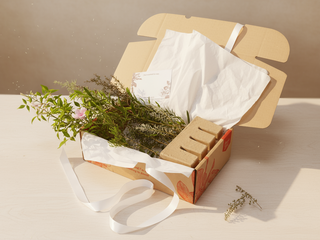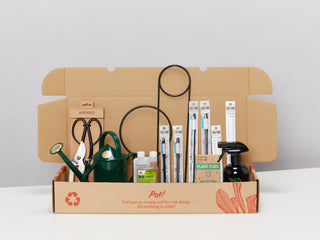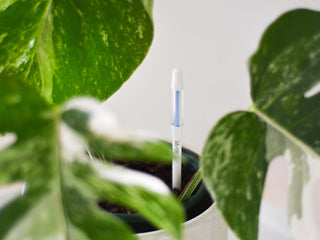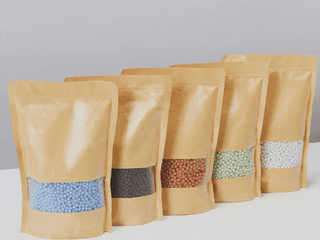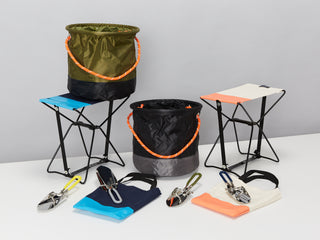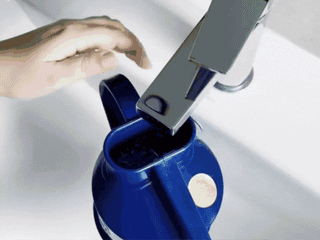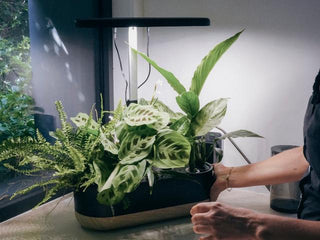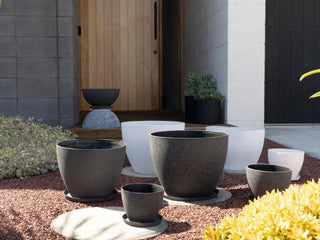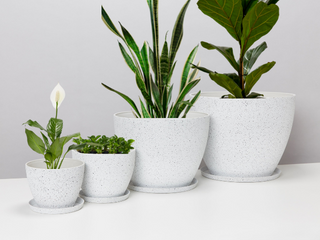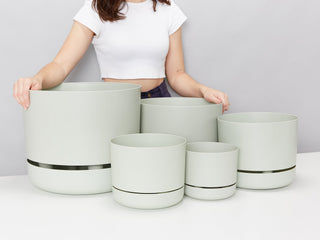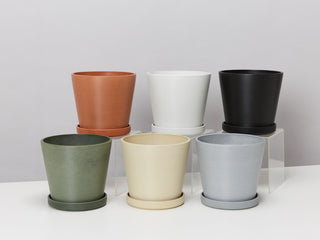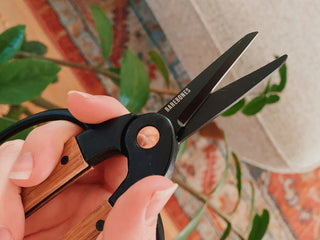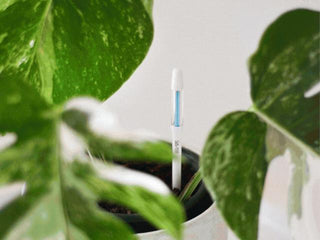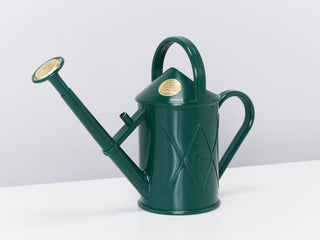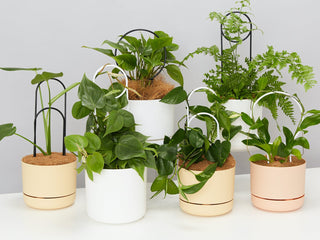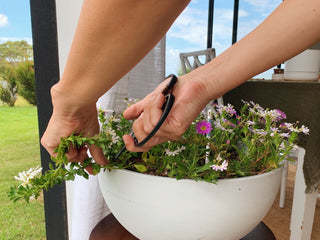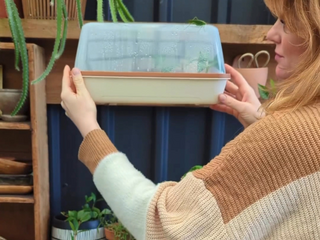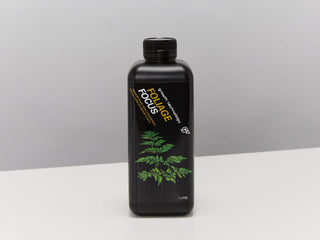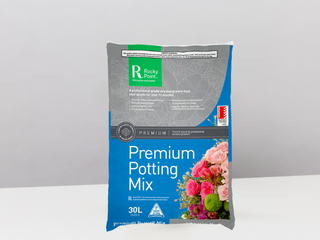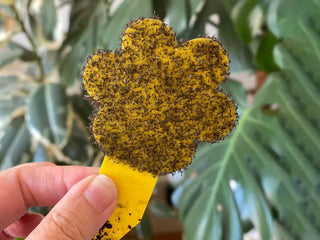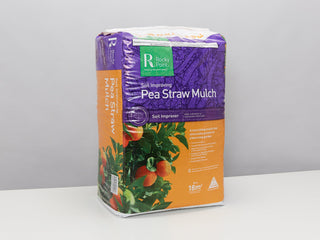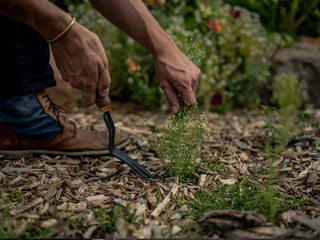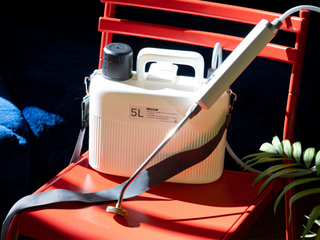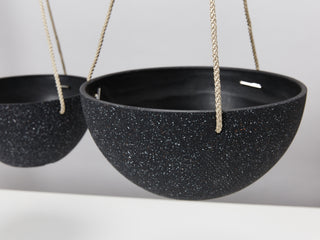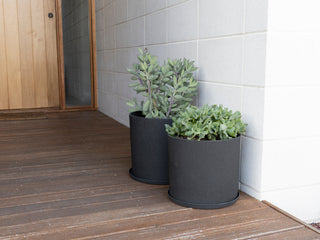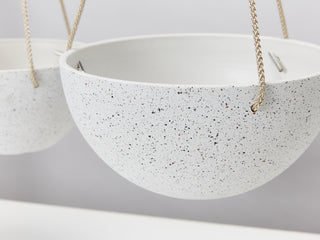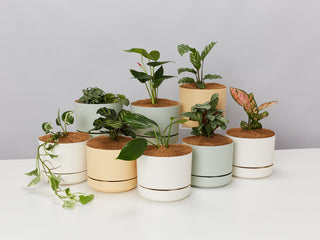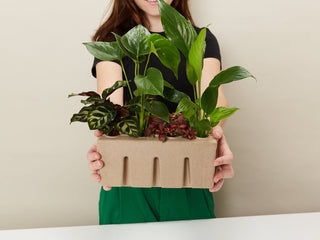Are Coffee Grounds Good for Your Houseplants?
If you’re like most coffee-loving millennials, chances are you’ve got a few houseplants and an almost full compost bin. So why not combine the two? After all, coffee grounds are organic material that could potentially benefit your plants—right? Well, as it turns out, there is some science behind the idea of using coffee grounds on houseplants. Let’s take a closer look at this fascinating subject to see if it holds up under scrutiny.

The Benefits of Coffee Grounds for Houseplants
Coffee grounds can be directly added to potting soil for your houseplants or mixed in with composted material. When added to soil, coffee grounds provide nutrients such as nitrogen and potassium that plants need to grow healthy and strong. The grounds also help retain moisture in the soil, which helps plants stay hydrated during periods of drought or when watering is infrequent. Plus, they have been known to repel certain insects.
When the coffee grounds may not be the best thing for your Indoor plants.
So we now know that coffee grounds will increase the soil's moisture level. This is ideal for plants that thrive in moist soils! You should avoid directly applying raw coffee grounds to your indoor plants instead adding it to your soil mix. Raw coffee grounds can increase the moisture levels in the soil too much, which can negatively impact your plant's growth in a few ways.
Not all humans love coffee, and not all plants enjoy coffee grounds in their care routine. Adding coffee grounds will increase water retention in the soil. This creates a moist soil environment. Therefore plants that prefer dry soils, such as cacti and succulents, might like just a sprinkle.
Or create a liquid fertiliser with used coffee ground?
If you do not compost at home, you can create a liquid fertiliser with your used coffee grounds instead. The key to using used coffee grounds as a liquid fertiliser is dilution! Too much of a good thing is possible, particularly for potted plants. We recommend using about a teaspoon of coffee grounds per 2 Litres of water. Let the coffee grounds and water mixture steep for a few nights, stirring occasionally, then strain the liquid. The remaining liquid can be used to water, and gently fertilise, your houseplants.
But here's the thing—coffee grounds aren't just good for houseplants; they can improve garden soil too! They act as a natural fertiliser by releasing nitrogen into the soil, which helps promote the healthy growth of both grasses and shrubs. Even better, they can reduce the need for chemical fertilisers by providing essential nutrients in small amounts over time.

Are There Any Drawbacks?
While coffee grounds may be beneficial for your houseplant or garden soil, remember a few things before adding them to your soil mix. For one thing, coffee grounds are acidic, so adding too much can result in overly acidic soil conditions that some plants cannot tolerate. Additionally, adding too much organic matter (such as coffee grounds) can lead to compaction, which prevents oxygen from getting into the root zone where it is needed most. Finally—and this should go without saying—ensure you use only organic sources for your coffee grounds since non-organic sources may contain hazardous chemicals and toxins!

Overall, using coffee grounds on your houseplants can be a great way to give them an extra boost while saving money on expensive fertilisers. However, it pays to exercise caution when using this “wonder food” because too much of a good thing can sometimes do more harm than good! That being said, if used judiciously—and with an understanding of what each plant needs—coffee grounds can be a great addition to any home gardener’s toolbox! Happy gardening!
